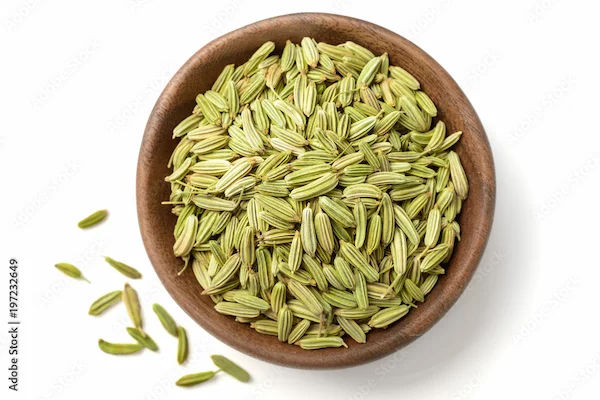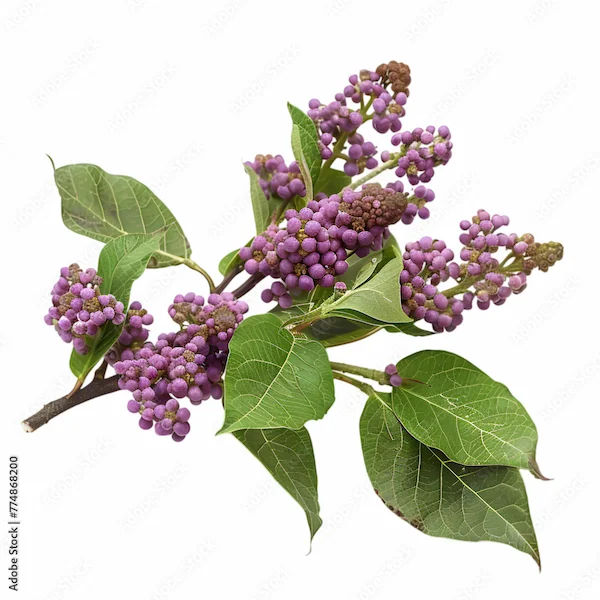Medicines for Blood Vomiting Treatment
Learn about the causes of vomiting blood (hematemesis) and the medications used for treatment, including acid reducers, antibiotics, and anti-bleeding drugs. Know when to seek emergency care and how to prevent recurrence.


Introduction
Vomiting blood (medically known as hematemesis) can be a frightening experience. If you or someone you know has noticed blood in vomit, it’s important to understand the possible causes, when to seek help, and what treatments are available.
This article will guide you through the basics of blood vomiting, its causes, and the medicines commonly used for treatment. Remember, while this information is helpful, always consult a doctor for proper diagnosis and care.
What is Blood Vomiting (Hematemesis)?
Blood vomiting occurs when bleeding in the upper digestive tract—the oesophagus, stomach, or the first part of the small intestine. The blood may appear:
Bright red (fresh bleeding)
Dark brown or coffee-ground-like (partially digested blood)
This condition requires immediate medical attention as it can indicate a serious underlying problem.
Common Causes of Blood Vomiting
Several conditions can lead to vomiting blood, including:
1. Peptic Ulcers – Sores in the stomach or duodenum (first part of the small intestine).
2. Gastritis – Inflammation of the stomach lining, often due to infections, alcohol, or certain medications.
3. Oesophageal Varices – Swollen veins in the oesophagus (common in liver disease).
4. Mallory-Weiss Tear – A tear in the oesophagus from severe vomiting or coughing.
5. Stomach or Oesophageal Cancer (less common but serious).
6. Heavy Use of NSAIDs (like aspirin or ibuprofen) that irritate the stomach.
When to Seek Emergency Help
Blood vomiting can be life-threatening. Seek immediate medical help if you experience:
Large amounts of blood in vomit
Dizziness, fainting, or rapid heartbeat
Severe stomach pain
Black, tarry stools (indicating digested blood)
Medicines Used in Blood Vomiting Treatment
The treatment depends on the underlying cause. Doctors may prescribe the following medicines:
1. Acid-Reducing Medications
Proton Pump Inhibitors (PPIs) – Reduce stomach acid to help ulcers heal.
Examples: Omeprazole, Pantoprazole, Esomeprazole
H2 Blockers – Also reduce acid production but are milder than PPIs.
Examples: Ranitidine, Famotidine
2. Antibiotics (If H. pylori Infection is Present)
A bacterial infection (H. pylori) can cause ulcers. Treatment includes:
Amoxicillin + Clarithromycin + PPI
Metronidazole may be used in some cases.
3. Medications to Stop Bleeding
Octreotide – Used for bleeding varices (swollen veins in the oesophagus).
Tranexamic Acid – Helps in clotting to stop bleeding.
4. Antiemetics (For Severe Vomiting)
Ondansetron, Metoclopramide – Help control nausea and vomiting.
5. Blood Transfusions (In Severe Cases)
If blood loss is significant, a transfusion may be needed.
Consult Top Specialists for Personalised Tips
Lifestyle and Dietary Tips to Prevent Blood Vomiting
While medicines help, certain lifestyle changes can reduce the risk of recurrence:
Avoid Alcohol & Smoking – They irritate the stomach lining.
Limit NSAIDs – Painkillers like aspirin or ibuprofen can worsen ulcers.
Eat Smaller, Frequent Meals – Helps reduce stomach acid.
Avoid Spicy & Acidic Foods – Can aggravate gastritis.
Manage Stress – Stress can worsen digestive issues.
When to See a Doctor?
If you vomit blood even once, consult a doctor immediately. Early diagnosis and treatment can prevent complications.
At Apollo 24|7, you can:
Book a consultation with a gastroenterologist.
Schedule tests like an endoscopy to identify the cause.
Get prescribed medications delivered to your home.
Final Thoughts
Blood vomiting is a serious symptom that should never be ignored. While medicines can help treat the underlying cause, timely medical care is crucial. If you or a loved one experiences this, seek emergency help and follow your doctor’s advice for the best recovery.
Consult Top Specialists
Consult Top Specialists for Personalised Tips

Dr. Mainak Baksi
General Practitioner
13 Years • MBBS , MD (MPH)
Howrah
Mainak Baksi Clinic, Howrah
(50+ Patients)
Dr. Gaddam Manoj
General Practitioner
1 Years • MBBS
Hyderabad
Aaradhya clinic, Hyderabad

Dr. Siri Nallapu
General Practitioner
5 Years • MBBS
Hyderabad
Apollo 24|7 Clinic, Hyderabad
Dr. Sahana B
General Practitioner
3 Years • MBBS
Koppal
Khushi multi-speciality hospital, Koppal

Dr. Rajib Ghose
General Practitioner
25 Years • MBBS
East Midnapore
VIVEKANANDA SEBA SADAN, East Midnapore
Consult Top Specialists

Dr. Mainak Baksi
General Practitioner
13 Years • MBBS , MD (MPH)
Howrah
Mainak Baksi Clinic, Howrah
(50+ Patients)
Dr. Gaddam Manoj
General Practitioner
1 Years • MBBS
Hyderabad
Aaradhya clinic, Hyderabad

Dr. Siri Nallapu
General Practitioner
5 Years • MBBS
Hyderabad
Apollo 24|7 Clinic, Hyderabad
Dr. Sahana B
General Practitioner
3 Years • MBBS
Koppal
Khushi multi-speciality hospital, Koppal

Dr. Rajib Ghose
General Practitioner
25 Years • MBBS
East Midnapore
VIVEKANANDA SEBA SADAN, East Midnapore




